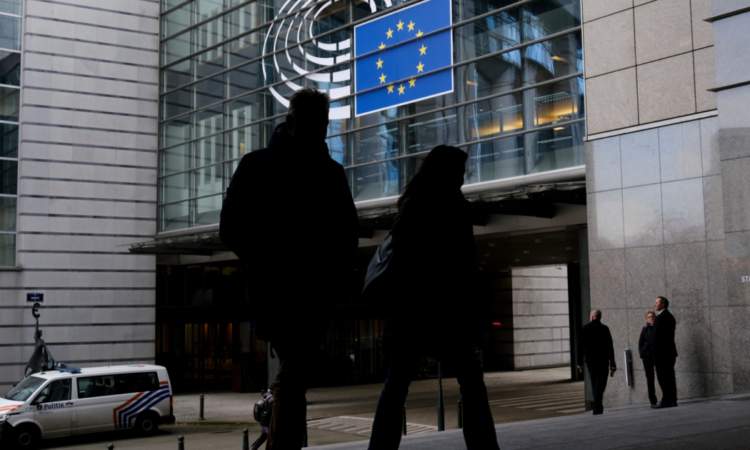
Lobbying is not necessarily problematic and can help give voice to the underrepresented. However, all people affected by laws and policies should have equal opportunities to influence those who decide them. Unregulated lobbying that gives the wealthy or politically connected unequal and secret access to politicians leads to decisions that benefit private interests at the expense of the public good.
In Europe, lobbying legislation tends to be ineffective and is rarely enforced. Take Slovenia, for instance: the quite strong lobbying law has not been properly implemented, due to factors like under-resourcing of the anti-corruption commission. Public officials and bodies are also not reporting enough information on their lobbying activities to enable the commission to hold politicians to account.
Some countries do not even have lobbying laws, like Italy, Portugal, Slovakia and Malta. This can cost lives: in Malta, the public inquiry into the assassination of investigative journalist Daphne Caruana Galizia denounced the secretive connections between politicians, business people and criminals – undisclosed discussions enabled this deadly collusion between these groups.
It’s shocking that Maltese politicians have not rushed to create robust lobbying laws in the aftermath of this assassination, but they are not alone in the region. For example, Portuguese MPs have repeatedly rejected proposed lobbying laws for around five years, leading some to ask: who is lobbying against the lobbying regulation?
Despite this, there have been some positive developments. In 2021, a Lithuanian law was amended to bring more transparency into decision-making processes, including with a requirement for those on both sides of the lobbying table to report lobbying activities. Since then, lobbyists have increased the declarations of activities fourfold compared to the total made in the 20 years following the law’s implementation in 2001.
However, the law needs to be enforced better. Integrity Watch has found that lobbyists declare their activities 2.5 times more often than the powerholders they talk to – only about half of Lithuanian MPs report their meetings with interest groups and registered lobbyists. This suggests that MPs may still be concealing who is influencing them and might also be making decisions without consulting relevant stakeholders, like civil society organisations and trade unions.
Politicians should publicly disclose their lobbying activities in registers that contain key information about those involved and specify which laws or policies are being targeted. This transparency would show the full “footprint” that a lobbyist has on decision-making processes.
With over 12,000 organisations listed in it, the EU’s lobbying register is one of the largest in the world and asks lobbyists for all the right information. However, the register is only mandatory for the European Commission, which applies the simple rule of no meeting without prior registration.
Lobbyists seeking to hide their true backers or that prefer to stay in the shadows may instead concentrate on members of the European Parliament or national officials in the Council of Europe. That’s because they can meet them without disclosing key information in the lobbying register. This poses several integrity risks – MEPs that hold such meetings enable lobbyists to circumvent the Code of Conduct that is tied to the register, which sets rules forbidding behaviour than can skew law-making.
The Council is particularly vulnerable, as EU Member States take the “no meeting without registration” approach on a voluntary basis and typically only during their EU presidencies. This means that some countries’ representatives in Brussels are only transparent about who they meet every 14 years. They can also choose not to publish their meetings with lobbyists, which increases the chances of conflicts of interest and undue influence staying hidden from key corruption watchdogs, like journalists and civil society organisations.
What is more, MEPs only recently made it mandatory to the publish their interactions with lobbyists. Up until then, 27 per cent of MEPs had not published a single meeting since taking office in June 2019.






